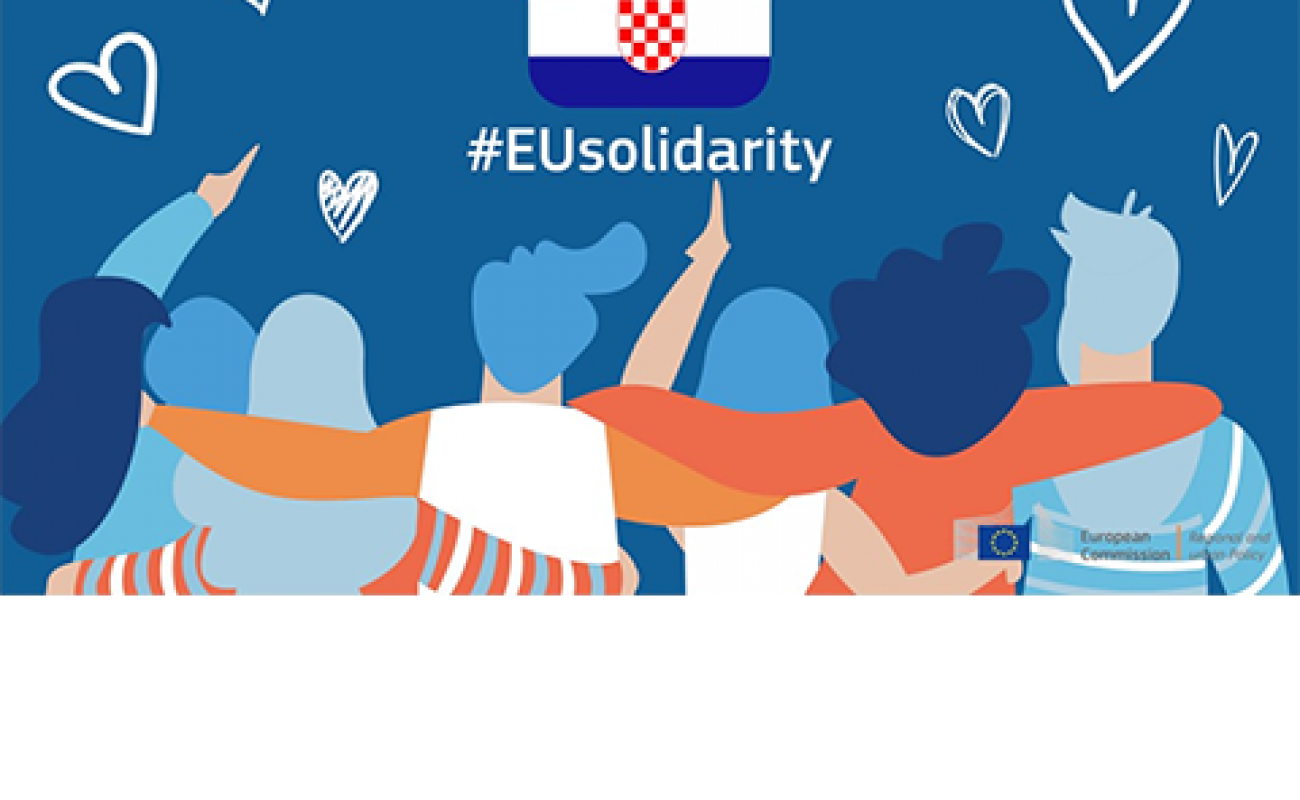Over EUR 1 billion of EU Solidarity Fund assistance invested in reconstruction after the earthquakes in Croatia

With EU support, Croatia invested in reconstructing infrastructures and buildings such as schools, universities, hospitals, and cultural heritage buildings. 1,330 contracts were signed, involving 609 beneficiaries and 304 construction companies and a total of 10,500 construction workers were engaged in the reconstruction.
Today, the Commission is visiting some of these sites in Zagreb, Petrinja and the Sisak-Moslavina county. For example, almost EUR 22 million of EU Solidarity Fund assistance and EUR 35 million of the Recovery and Resilience Fund were used to restore the damaged infrastructure at the Merkur Clinical Hospital in Zagreb. The Merkur Clinical Hospital provides assistance to 450,000 residents with close to 400 inpatient beds. Thanks to EU support, patients will get to have a hospital again that is built according to modern safety and energy efficiency standards.
Another excellent example is the reconstruction of the Sisak Secondary School which benefitted from over EUR 5.4 million support. EUR 3.5 million came from the EU Solidarity Fund and EUR 1.8 million from the Recovery and Resilience Fund to renovate the structure of the facilities and to improve their energy efficiency. The school, which is a cultural heritage site and was built in the 19th century, was close to the epicentre of the earthquake in December 2020. Thanks to EU support, 320 students were able to start the school year in the renovated and improved school building in September 2023.
The Commission recognises the hard work of the people involved in implementing the EU funds. The Commission also acknowledges the important role of the Croatian Ministry of Physical Planning, Construction and State Assets in coordinating the rebuilding and recovery after the earthquakes from EU funding, including the EU Solidarity Fund assistance.
Background
The Croatian authorities applied for EU Solidarity Fund (EUSF) assistance twice for recovery after two series of earthquakes. The total EUSF funding for the earthquakes amounted to more than EUR 1 billion. The full assistance regarding the Zagreb earthquake (March 2020, total damage estimated at around EUR 11.5bn) was disbursed to Croatia on 17 December 2020, amounting to EUR 683.7 million of EUSF support. The EUSF support for the second earthquake in the Petrinja region (end December 2020, total damage estimated at EUR 5.5bn) was fully paid on 30 December 2021, amounting to EUR 319 million.
The Croatian authorities managed to fully spend the EU Solidarity Fund assistance in May 2023, several weeks before the end of the eligibility period. Ensuring complementarity of the funded operations was crucial, since a number of different EU funds were being used for the reconstruction after the earthquakes with different eligibility rules and procedures. EUR 1 billion came from the EUSF to rebuild the damaged infrastructure which were supplemented with close to EUR 600 million from the Recovery and Resilience Funds with the goal to build back better, EUR 98 million from the European Regional and Development Fund to provide additional support for earthquake damage remediation and a further EUR 2.6 million from the European Social Fund to support NGOs to provide aid to local communities and EUR 30 million from the European Agricultural Fund for Rural Development to restore agricultural production.
